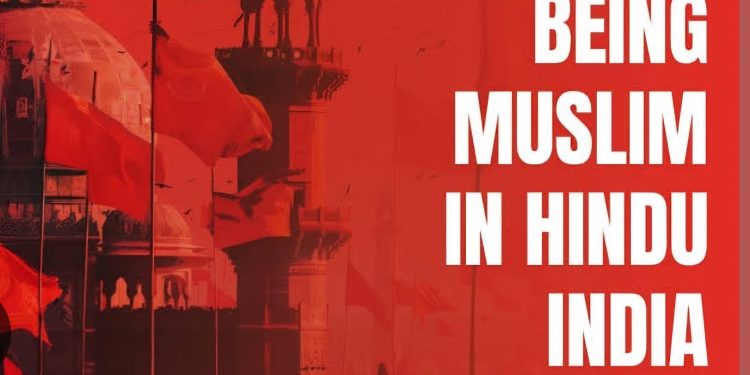Zia Us Salam’s Being Muslim in Hindu India is a compelling exploration of the socio-political and cultural challenges faced by Muslims in contemporary India. With a sharp eye for detail and an empathetic tone, Salam delves into the multifaceted experiences of Indian Muslims, presenting a narrative that is both heart-wrenching and thought-provoking.
The book is structured around key themes that define the Muslim experience in India, ranging from identity and representation to discrimination and resilience. Salam navigates these topics with meticulous research and an engaging writing style, making the book accessible to readers across the spectrum—academics, activists, and the general public.
One of the book’s greatest strengths is its historical context. Salam roots his analysis in the socio-political developments of post-independence India, tracing the journey of Muslims from a position of prominence to one of marginalization. By examining pivotal moments such as the demolition of the Babri Masjid, the Gujarat riots, and the rise of Hindutva politics, the author paints a vivid picture of how systemic prejudice has evolved over the decades. Salam is unflinching in his critique of majoritarian politics and its impact on the country’s secular fabric, but he balances this with an exploration of the Muslim community’s internal dynamics, including issues of leadership and reform.
Salam’s portrayal of everyday struggles faced by Muslims is poignant. He highlights instances of discrimination in housing, education, and employment, which are compounded by growing Islamophobia. The narrative is interspersed with real-life stories that humanize statistics and policies, bringing forth the voices of ordinary Muslims who grapple with their dual identity—of being Indian and Muslim. The anecdotes resonate deeply, providing a lens into the lived realities of a community often reduced to stereotypes.
Another significant aspect of the book is its emphasis on resilience and hope. Salam does not confine his narrative to victimhood; instead, he celebrates the contributions of Muslims to India’s pluralistic heritage. From culture and art to sports and politics, the book underscores the indelible mark left by Muslims on the nation’s identity. Salam’s portrayal of grassroots efforts, interfaith dialogues, and acts of everyday resistance serves as a reminder of the enduring spirit of coexistence.
However, the book is not without its limitations. Some readers might find the focus on urban experiences to be disproportionately high, with less attention given to rural and regional variations in the Muslim experience. Additionally, while Salam’s critique of political parties and policies is incisive, there are moments where the narrative could have benefited from a deeper exploration of solutions and pathways to reconciliation.
Being Muslim in Hindu India is an essential read for anyone seeking to understand the complex realities of India’s largest minority. Zia Us Salam offers a voice of clarity and conscience in a time of polarization, urging readers to confront uncomfortable truths and envision a more inclusive future. The book is a powerful testament to the resilience of Indian Muslims and a call to action for preserving the secular ethos of the nation.






